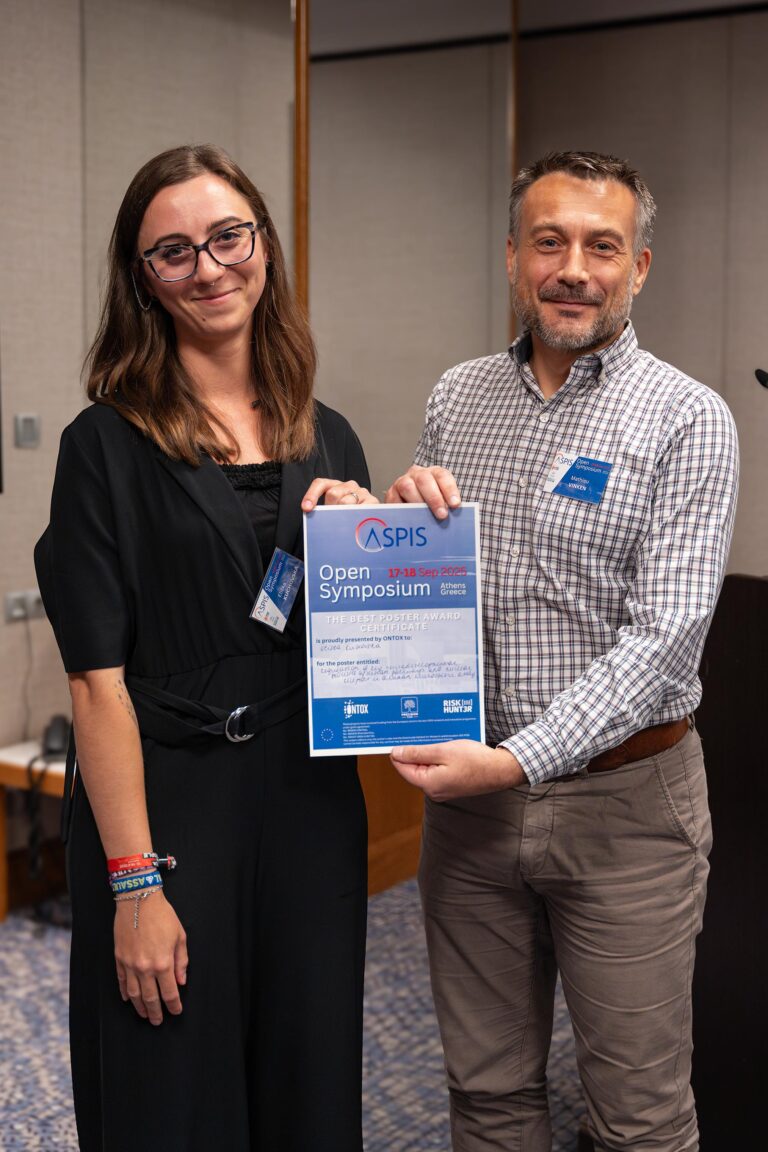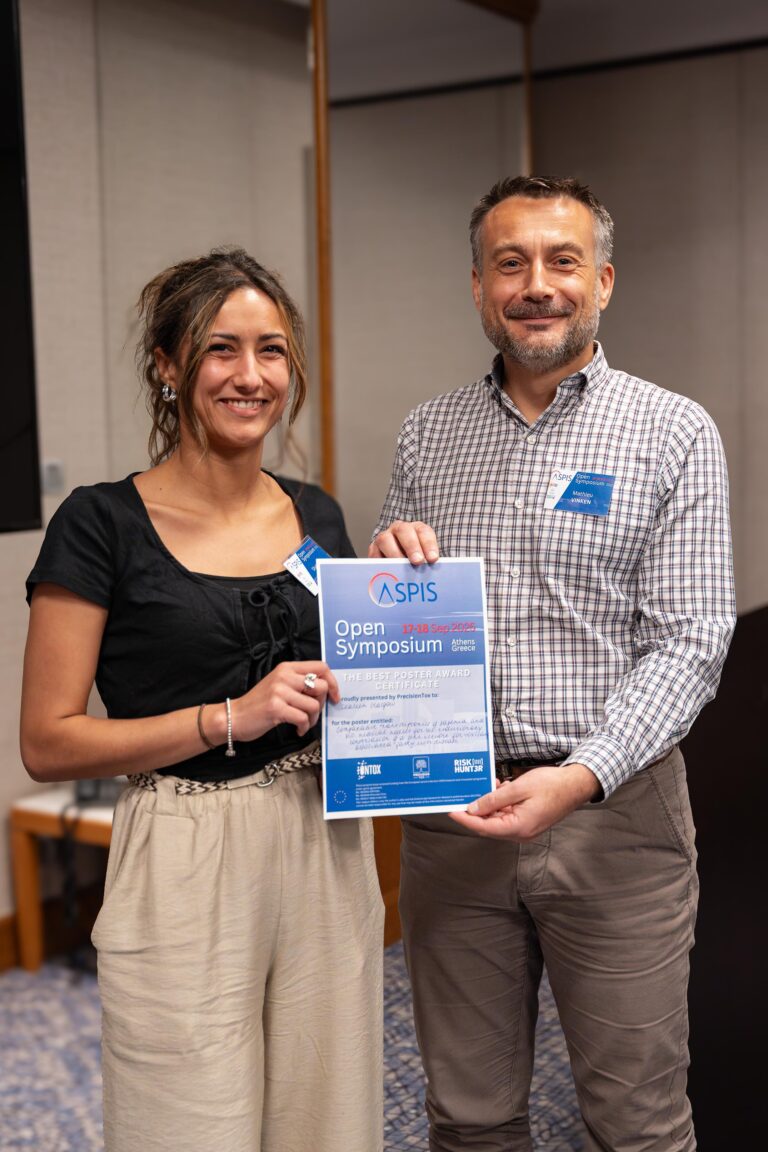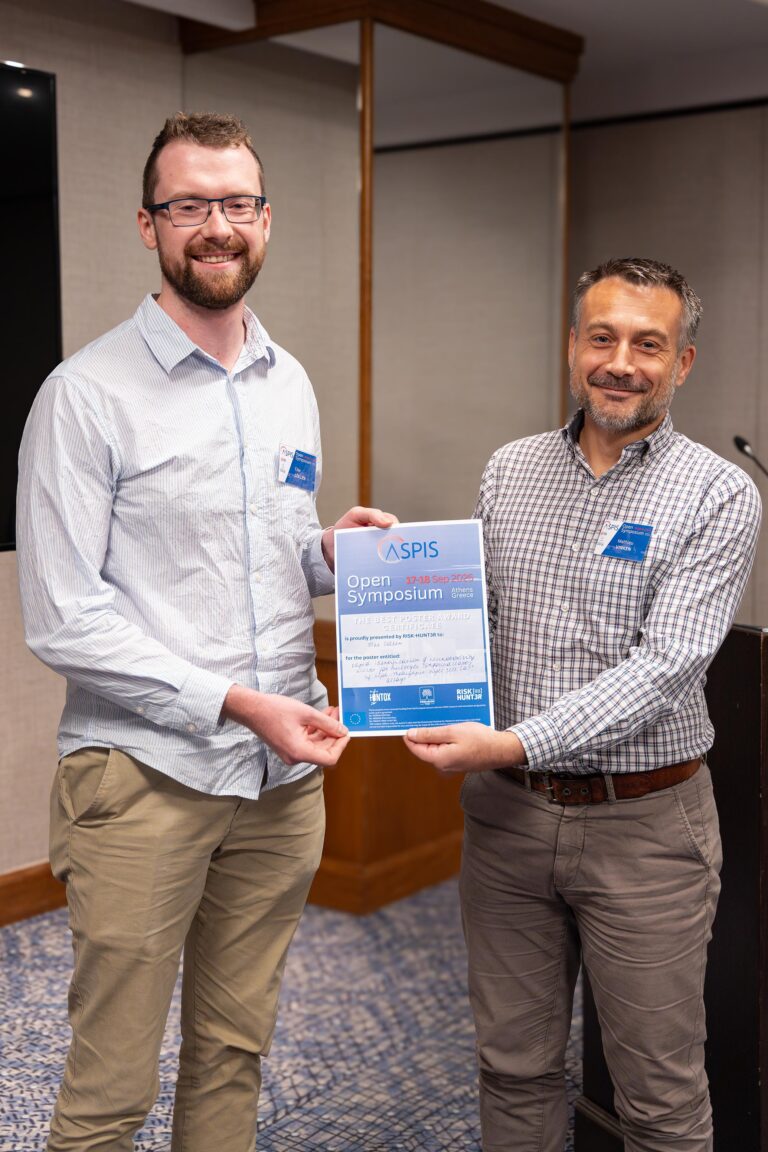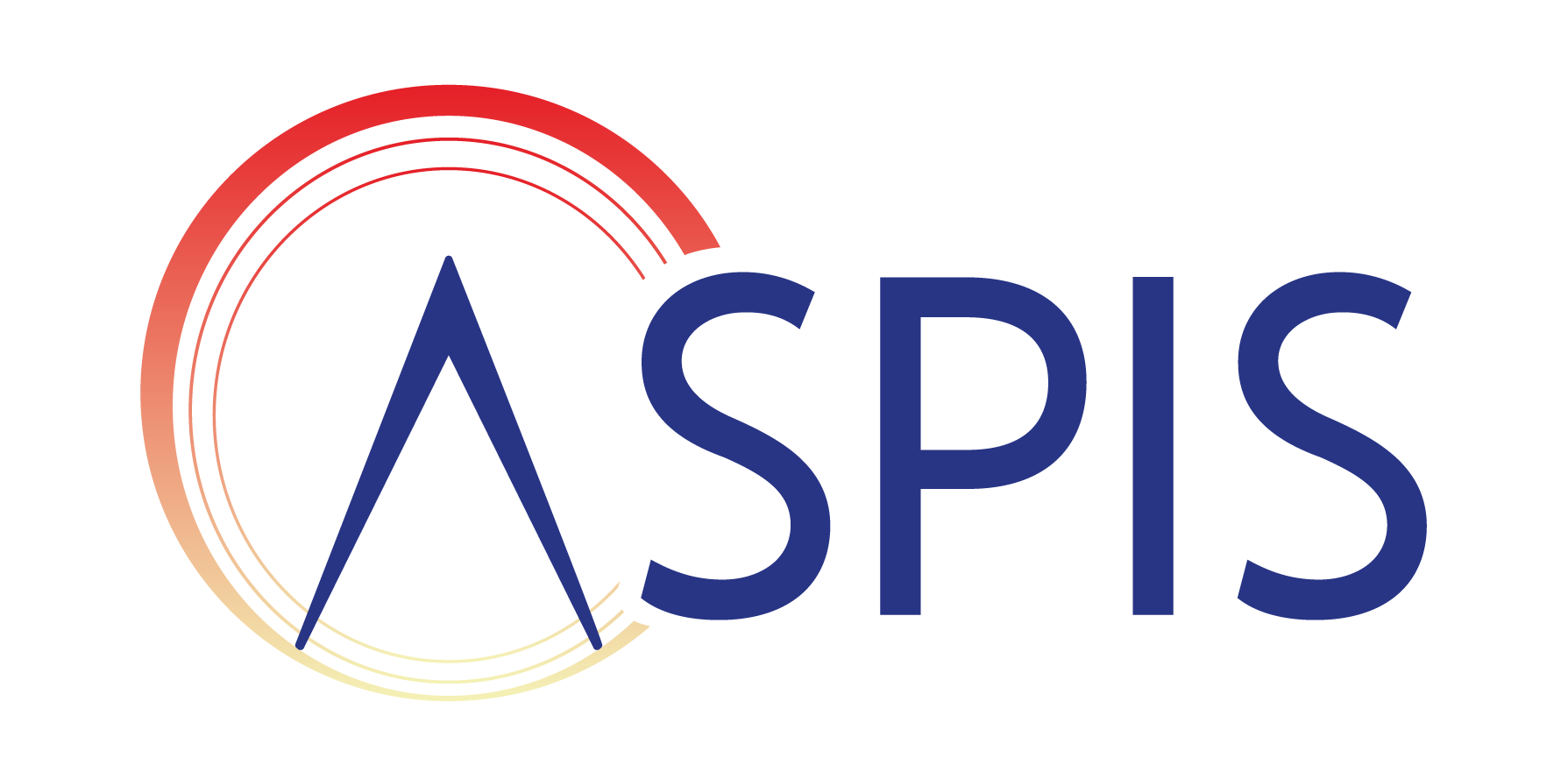The ASPIS cluster, a pioneering collaboration of three EU-funded research projects, concluded its annual ASPIS Open Symposium 2025, held on 17-18 September in Athens. This key event brought scientists, regulators, industry leaders and other stakeholders together to explore the latest advancements in assessing chemical safety without laboratory animals, with human health protection at the core.
In its fifth edition, the Symposium reaffirmed Europe’s role as a leader in developing New Approach Methodologies (NAMs) and Next-Generation Risk Assessment (NGRA) – helping map a pathway toward safer chemical testing that reduces and replaces animal use.
“The ASPIS Open Symposium is where science and regulation meet. It highlights how far Europe has come in building ethical, efficient, and human-relevant safety assessments – and it reminds us of the collaborative effort needed to make animal-free testing the new standard.”
– commented Mathieu Vinken, ASPIS cluster coordinator for 2024–2026 and coordinator of the ONTOX project.
At the heart of ASPIS, which unites the three visionary EU projects ONTOX, PrecisionTox, and RISK-HUNT3R, lies the ASPIS-initiated Alternative Safety Profiling Algorithm (ASPA). This novel workflow integrates diverse NAMs and related data into a transparent, science-based framework for NGRA. The 2025 Symposium showcased refinements to ASPA, making it increasingly practical for regulatory use.
Case studies on developmental neurotoxicity (DNT) provided strong examples of NAMs already being considered for regulatory decision-making. Discussions also focused on sustainability, ensuring that ASPIS results, tools, and knowledge will remain accessible beyond the projects’ official end in 2026.
This year’s Symposium also introduced scientific flash presentations, where nine researchers showcased their work in concise and engaging talks. In addition, nearly 20 scientists presented posters, with an expert jury recognising three Best Poster Award winners – one from each ASPIS project – for their outstanding contributions:
- Eliska Kuchovska (ONTOX; IUF – Leibniz Research Institute for Environmental Medicine) – “Regulation of key neurodevelopmental processes by disease pathways and nuclear receptors in a human Neurosphere Assay”
- Shaleen Glasgow (PrecisionTox; University of Birmingham) – “Comparative transcriptomics of Daphnia and Bio-medical models for the evolutionary conservation of a gene network for toxicant associated fatty liver disease”
- Eike Cöllen (RISK-HUNT3R; University of Konstanz) – “Rapid identification of neurotoxicity alerts for multiple compound classes by high-throughput single cell Ca2+ assays”



As part of their award, the winners received prizes including a complimentary pass to the 23rd European Society of Toxicology In Vitro (ESTIV) Congress, to be held from 29 June to 2 July 2026 in Maastricht, the Netherlands.
With strong engagement from regulators, academia, and industry, the ASPIS Open Symposium 2025 confirmed the growing momentum behind NAMs. The discussions will feed directly into the EU’s ongoing REACH revision and the forthcoming European Commission roadmap for phasing out animal testing.
The Symposium demonstrated that ASPIS is firmly on track to deliver a lasting impact: helping Europe achieve sustainable, innovative, and animal-free chemical safety testing for the future.

